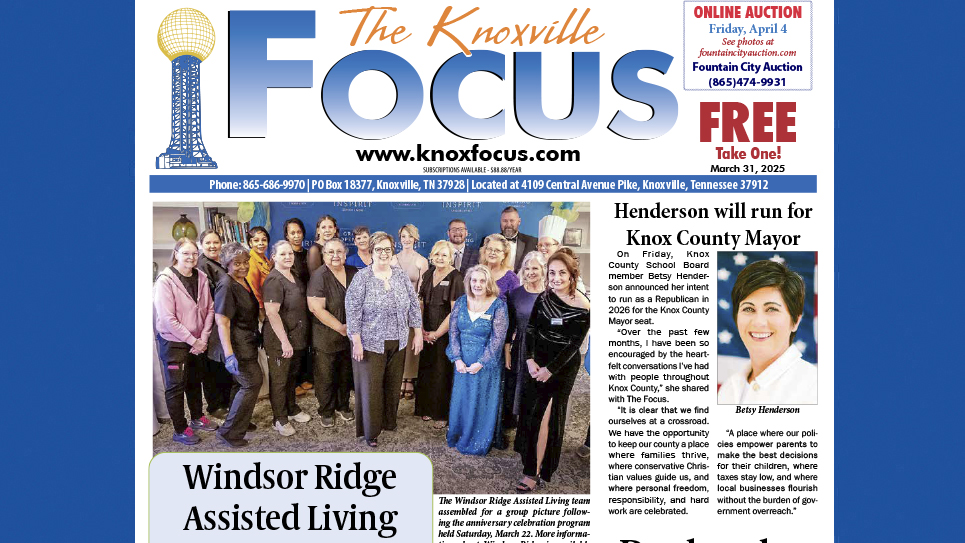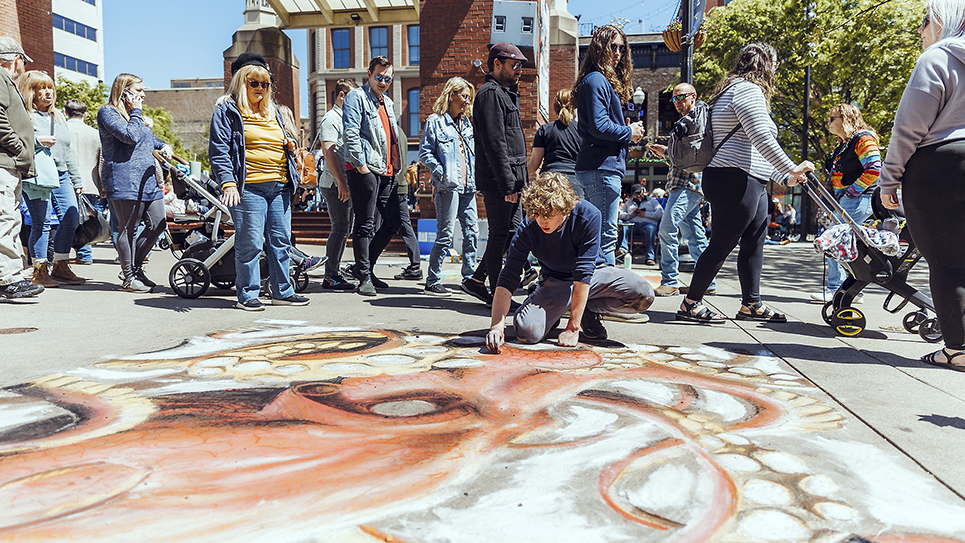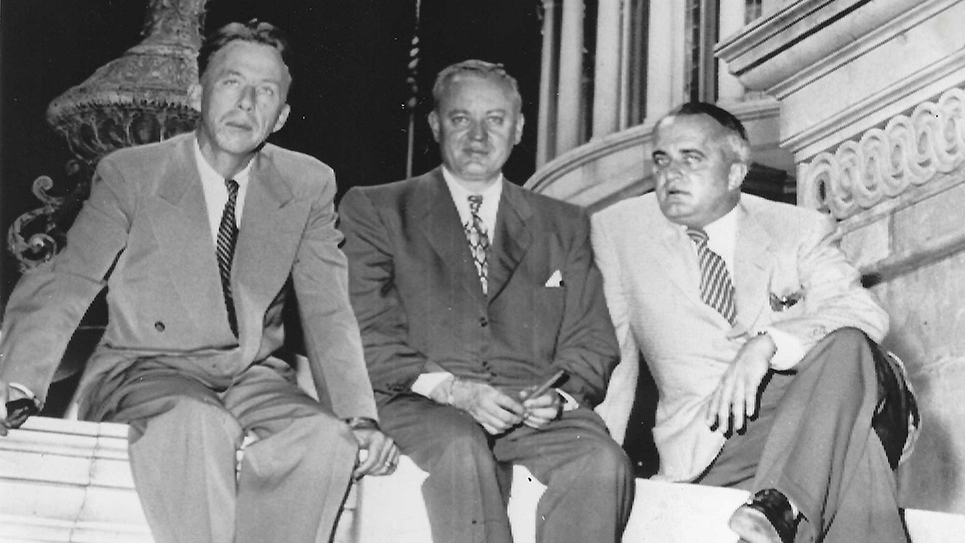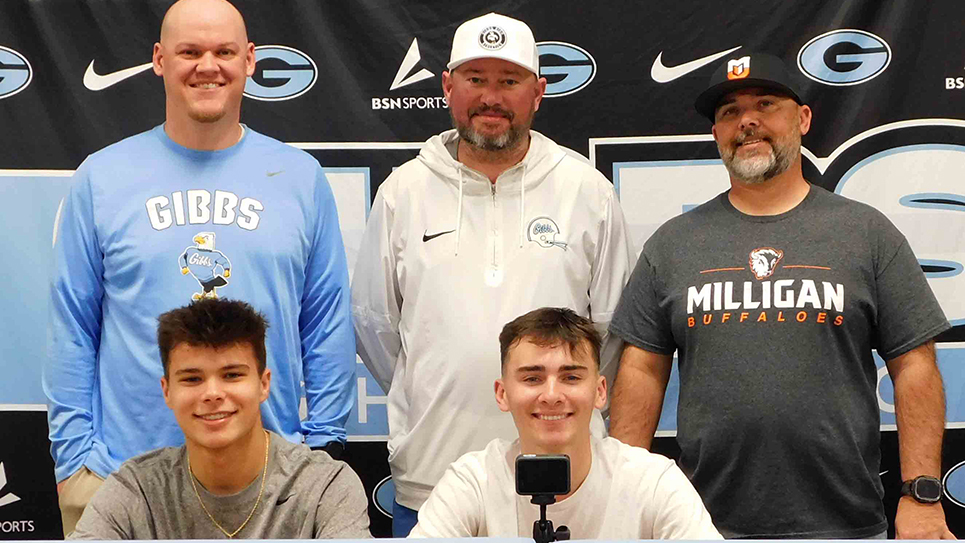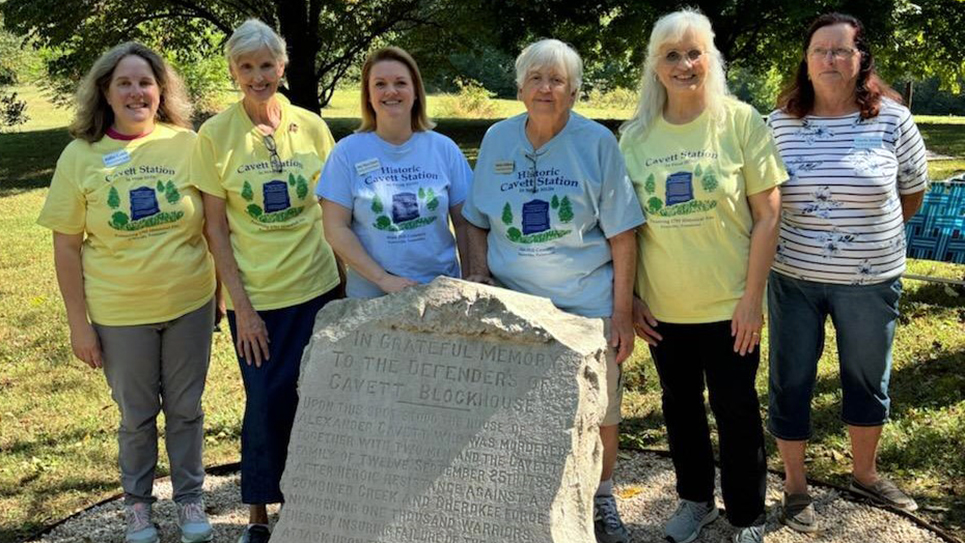Family histories can be confusing
More Than A Day Away by Mike Steely
I recently had a question from a reader, Fallin McCoy, about a mystery in his family history. McCoy was referring to a column I wrote about Rocky Top, Tennessee, which had been known as Lake City and prior to that as “Coal Town.”
Coal Town is best known for the battle there between coal miners, the coal company, and the state militia. That bloody battle is recalled in the Coal Creek Miners Museum in present-day Rocky Top.
McCoy inquired about a Cherokee forefather named John Calhoun Morris whose death place has remained a mystery in that family. My research led me around in circles and I found two men of the same name and of overlapping time periods. I passed that along to McCoy.
I found some records indicating that John Calhoun Morris died in Coal Town, North Carolina, in 1866. He is buried in the Wilmington National Cemetery.
That record shows him born in the “Cherokee Nation East” in 1826, son of Gideon Franklin Morris and Rebecca Ka-ta-di-hi Morris and husband of Erroman Parker and Caroline Morris. His children were Erroman Parker Morris, Eliza Pletener Morris, Louisa and Elizabeth Morris.
It indicates he was on the Civil War Roll of Honor, Regiment 130 Indiana Infantry Company E.
Another record shows a John Calhoun Morris being born in 1770 in Watauga County, North Carolina, and dying in Morristown, Tennessee, in 1843 at age 72. It has him buried in the Morris Family Cemetery in Morristown, Tennessee.
That account gives his parents as Gideon and Janette Riggs Blyth.
I informed McCoy that our Coal Town in Tennessee developed as a town probably too late to have been the place of death for either candidate.
Anytime you try to trace an ancestor, especially if they are Native or African American, you can run into problems. There are some rolls including slave records and tribal removal records, but details are sketchy and sometimes don’t exist at all beyond fairly current history.
Searching the internet for genealogy or family records often runs into as many questions as answers. My family history was passed down in stories from my grandmother and aunts with little actual records to go on. Like McCoy’s family, my DNA indicates 30% “Native American” although the genealogy isn’t there to make the connection. While I do have Native American blood in my family it isn’t direct but in one of my “non-blood” aunts who married one of my mother’s forefathers.
Surprising to me is that my youngest son had his DNA ran and showed no Native American genes at all.
Often tracing family history finds only rumors that lack verification. I am basically Scotch-Irish and Northern European. Tales of my birth father being of French descent are backed up a bit by his great-grandmother who had a French last name at birth.
My mother’s family traces back to Surrey County, North Carolina, in the 1700s with hints of Scottish heritage. From there to me are marriages pretty well documented but there’s a catch. Sometimes the lineage of a spouse is given as “White” when it suited the needs of a family. Native or African American blood was sometimes concealed because of public opinion.
Often when I’m in a conversation about heredity I simply sum up a family bloodline by replying, like my own questionable genealogy, that we are “Americans.” All of us.

